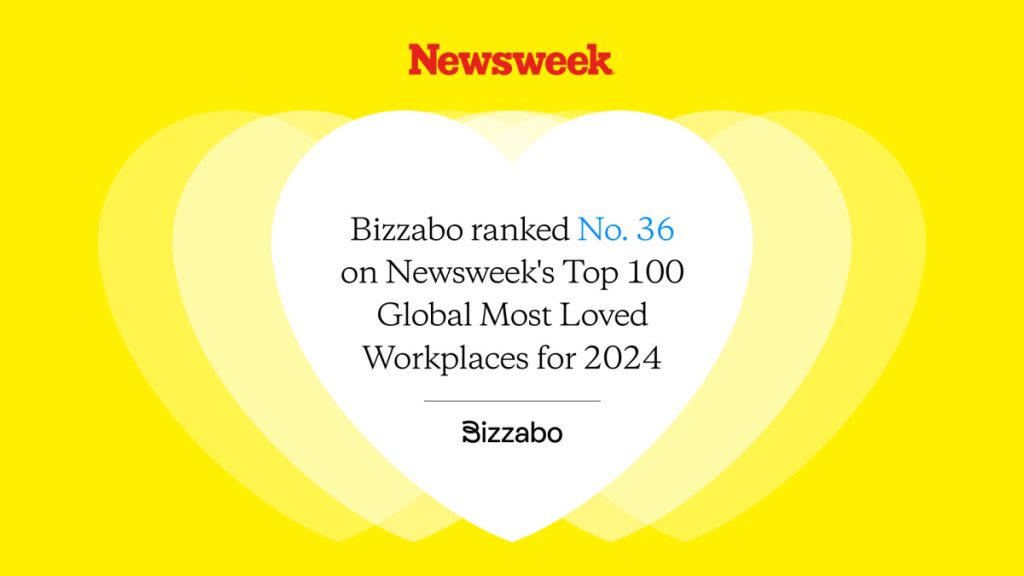Virtual Event Pricing Strategies: To Charge or Not To Charge?


Virtual events are still new. Without a deep history to draw from, it can be hard to know what attendees, sponsors, and organizers might be willing to spend. Who should pay for what? How do you build a virtual event pricing strategy?
It helps to look at who your target audience is to understand what might sell well. Some concepts are more likely to succeed as an attendee charge, whereas others might make more sense as an offering from a sponsor or an expense for the organizer.
Let’s look at what’s out there and consider who you could convince to write the check.
1. VIP Velvet Rope Time with Speakers, Thought Leaders, or Influencers
You can offer attendees the chance for exclusive breakout sessions with CEOs, experts, or other hot names in the industry. These can come in Q&As, networking lounges, or even virtual happy hours.
In Virtual Conferences: The Ultimate Guide to Event Success, we explore how Mastercard allows cardholders to bid on ultra-special events, such as a virtual wine tasting with Los Angeles Dodgers Manager Dave Roberts or pitching star Clayton Krenshaw.
However, the most prominent names don’t always bring the most engagement. Event planners should also consider new, upcoming voices in the industry and those who may already have a personal connection to attendees.
According to Kathryn Frankson, director of marketing at Money 20/20, anyone in charge of booking event guests should consider the creative impact and emotional connection that VIP experiences can offer attendees.

2. Downloadable Activities for Participants With Kids
Attendees sitting in front of a screen while their children vie for attention can understandably have trouble concentrating. That’s why some virtual event planners offer downloadable activities to keep the kids busy. Attendees can multitask less and engage more deeply with the virtual event experience.
Who should pay for those fun distractions, though? There’s no hard and fast rule. Attendees may want to pay for that compelling kid-friendly material. But it also could be something the organizer sends out as part of a welcome package upon registration. It’s also possible a sponsor partner would see it as an opportunity to put their stamp on something unique and memorable.
That type of sponsored content might tap into the element of surprise and encourage engagement from the participants, said event marketing strategist Rachel Stephan during our Event Experience Summit.
“Then, have the person take a selfie or picture and share it on social to add another amplification to that specific activity,” said Stephan, who founded snöball event marketing.
3. Time With a Mental Health Coach
Some Event Experience Leaders have offered participants a chance to book time with a professional coach who can guide them through an emotional wellness check. Self-care opportunities can be helpful leading up to an event, particularly as attendees get back into networking and attending events.
Frankson said this out-of-the-box idea could be a good investment for an organizer or sponsor who wants to show extra care for the attendee’s journey.
“It gives you the opportunity to speak to your audience in a new way,” she said.
Even if offering attendees time with a mental-health coach doesn’t suit your strategy, remember that personalizing an event is vital when considering how to set virtual event pricing. Here are some things to consider:
- Using diversity, equity, and inclusion strategies
- Implementing customized pricing tiers for different socioeconomic groups
- Hosting satellite events (micro-events) in convenient locations
- Designing unique landing pages for different attendee groups
- Providing services that show an investment in the whole person
Feeling burned out? Read “Combating Burnout: 7 Things Event Planners Lose Sleep Over (But Don’t Have To).”
4. Content That Counts Toward Continuing Education
Helping attendees get credit for continuing education can incentivize participation. This takes a bit of heavy lifting on the organizer side, as you must use a learning management system, vet the material, and work with the appropriate accrediting body. But incorporating continuing education programs and credits into your virtual event pricing strategy can pay dividends in the long run.
As shown in our comprehensive list of statistics, data, and trends from the events industry, 55% of event organizers responding to Bizzabo’s 2020 survey said customer relations, education, and retention were the main goals for their virtual events.
Offering continuing education credits all year via access to digital content can be a way to monetize material beyond the event dates.
5. A LinkedIn Corner With Branding Review
Before or during an event, attendees could meet with experts to get advice about improving their LinkedIn page, resume, website, or other professional material. This can help participants whether they’re looking for a new job or there to do business.
“Personal branding is important,” Stephan said. “It’s always important to review your brand and how you position yourself.”
While attendees may be open to paying for the service, this objective review is also a great idea as a sponsored activity; it can help a sponsor’s visibility, especially if they are recruiting.
- Want to level up your career? Check out “The Best Virtual and Hybrid Event Planning Certificates and Certifications.”
6. Workbooks That Summarize Roundtable Discussions
After the event, attendees or those who couldn’t make it may be looking for exclusive content beyond the on-demand videos and summaries.
Attendees may be open to paying for workbooks or roundups of roundtable discussions during the event to get an exclusive peek into the product or to receive unscripted conversations from breakout sessions or chat rooms.
“It has to be something that you can’t find elsewhere. You can’t just be able to Google it,” Frankson said. “It has to be exclusive and worthy of someone downloading and looking at it and reading it and scrolling through it on their phone.”
As discussed in a Bizzabo podcast episode featuring Rex Serrao of Salesforce, it’s essential to consider the attendee’s journey after the event. Offering this type of exclusive content can go a long way in keeping up those hard-earned relationships.
Virtual Event Pricing: Don’t Forget the Big Picture
Above all, attendees want high-quality innovation and meaningful engagement, according to the 2022 Experiential Marketing Trend Report by Agency EA. Let those values guide your virtual event pricing strategy. If you focus on building a valuable attendee journey first, the money will follow.
“You’re creating loyalty,” said Dahlia El Gazzar, CEO of DAHLIA+Agency. “Loyalty will create those revenue streams.”
For more insights, ideas, and discussion about virtual pricing strategies, watch To Charge or Not To Charge? Virtual Event Pricing Strategies with Dahlia El Gazzar, Kathryn Frankson, and Rachel Stephan – and the entire Event Experience Summit – on-demand now.



